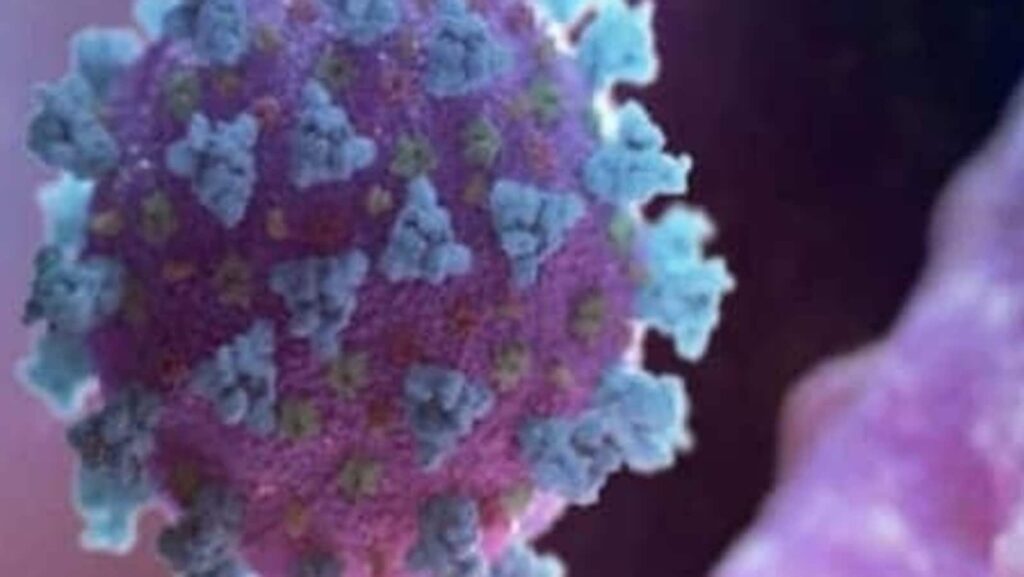When biochemical scientists Katalin Kariko and Drew Weissman were announced as the winners of the Nobel Medicine Prize, most of the world had already heard of their contribution – making mRNA Covid-19 vaccines a reality. As colleagues at the University of Pennsylvania in the late 1990s, the two found the biological lynchpin that today makes vaccines based on the platform possible. Without it, the billions of shots that saved millions of lives would not have been made. In the world of science and Nobel awards, it is rare that seminal works resonate so widely with the masses, even if all Nobel laureates indeed are people who leave a deep, lasting impact on the world.
But beyond Monday’s headlines lie many nuanced stories that need spotlighting. For instance, how the work almost did not come to be if it were not for a chance meeting between Kariko and Weissman, the curious case of why Kariko, a woman and a Hungarian immigrant, was put off the tenure track long after she and her colleague made crucial work public. And the time their work was rejected by a leading journal that ostensibly saw it as “incremental”. These little chapters in the duo’s journey should prompt some soul-searching within academia. But there exists a related saga that needs to be talked about. The mRNA vaccines the two helped bring to life never made it to much of the Global South. The doses are too expensive for low- and middle-income countries to buy and store. Kariko, on Monday, said their goal was merely to create something helpful. It is for policymakers and industry to do justice to the work of scientists such as Kariko and Weissman and address the inequities in health care.

